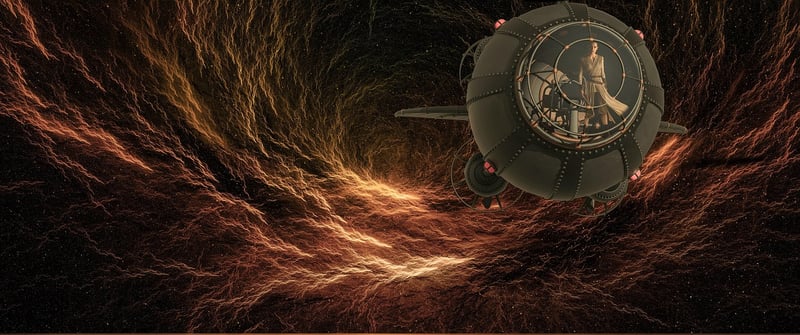Wormholes
The Science Behind Time Travel and Wormholes
Time travel has long been a popular topic in science fiction, but is there any scientific basis for the concept? Let's explore the fascinating world of time travel and how wormholes play a crucial role in this theoretical phenomenon.
What is Time Travel?
Time travel refers to the concept of moving between different points in time, either forwards or backwards. While time travel remains purely theoretical at this point, scientists have proposed various ways in which it could potentially be achieved.
Wormholes and Time Travel
One of the most popular theoretical methods for time travel involves the use of wormholes. Wormholes are hypothetical tunnels in spacetime that create shortcuts connecting two separate points in space and time.
According to Albert Einstein's theory of general relativity, wormholes could exist, but they would be incredibly tiny and unstable. To stabilize a wormhole and use it for time travel, exotic matter with negative energy density would be needed to keep the tunnel open.
Challenges and Considerations
While the concept of time travel through wormholes is intriguing, it poses numerous challenges and paradoxes. The potential for creating causality loops, where an event influences itself in the past, raises questions about the feasibility and consequences of time travel.
Conclusion
Time travel and wormholes remain in the realm of theoretical physics, captivating the imagination of scientists and enthusiasts alike. While the science behind time travel is complex and filled with uncertainties, the exploration of these concepts pushes the boundaries of our understanding of the universe.

Image source: Pixabay
